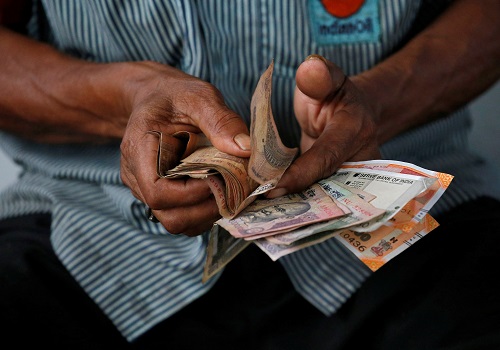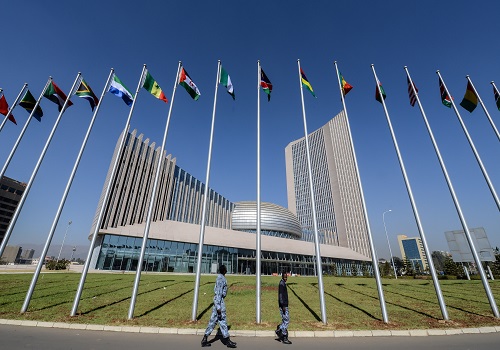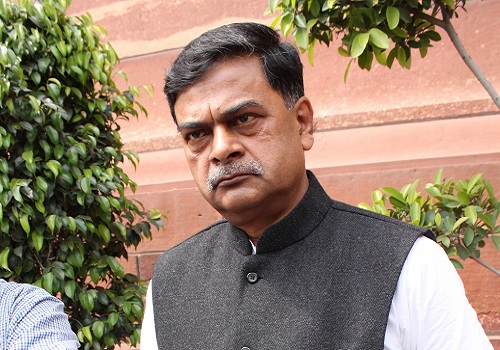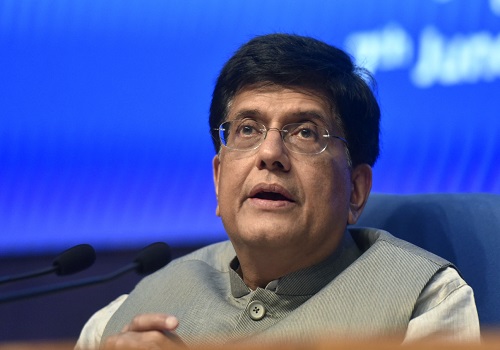India to extend rice export curbs to ensure domestic price stability, supply - Government Sources
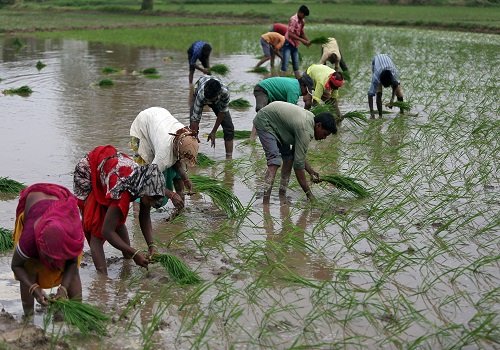
Follow us Now on Telegram ! Get daily 10 - 12 important updates on Business, Finance and Investment. Join our Telegram Channel
India does not plan to lift a ban on broken rice exports and cut a 20% tax on overseas shipments of white rice as the world's biggest exporter of the grain tries to keep a lid on domestic prices, two government sources said on Thursday.
New Delhi's rice export curbs will force buyers, especially in Asia and Africa, to pay more for the staple that has become expensive in the last few weeks.
India banned overseas shipments of broken rice and imposed a 20% duty on exports of various other grades in September 2022 amid concerns over production due to below-average monsoon rainfall in key growing states.
"Rice exports didn't slow down despite the 20% export duty, and that's why we believe that there is no reason to reduce or scrap the duty," said a senior government official, who declined to be named in line with official rules.
India's rice exports rose 3.5% to a record 22.26 million tonnes in 2022. That was more than the combined shipments of the next four largest exporters: Thailand, Vietnam, Pakistan and the United States.
"We can't resume broken rice exports just because somebody in China or any other country wants it as a raw material to make ethanol or cattle feed. We'll rather prefer our domestic industry consuming it," the official said.
China was the biggest buyer of India's broken rice, with purchases of 1.1 million tonnes in 2021.
India will also extend its rice export curbs due to apprehensions that the El Nino weather phenomenon might hit this year's monsoon rains.
"We don't want to take a chance. We've limited wheat stocks but ample rice stocks, which we can use if the weather throws any big surprise," the official said.
Indian farmers plant rice, the most water-thirsty crop, in June and July, when monsoon rains lash the country.
"Our restrictions have not deprived the world of rice, and at the same time, we've been able to maintain adequate stocks," said another government source directly involved in decision-making. "We'd like to continue with the same arrangement."












 320-x-100_uti_gold.jpg" alt="Advertisement">
320-x-100_uti_gold.jpg" alt="Advertisement">




